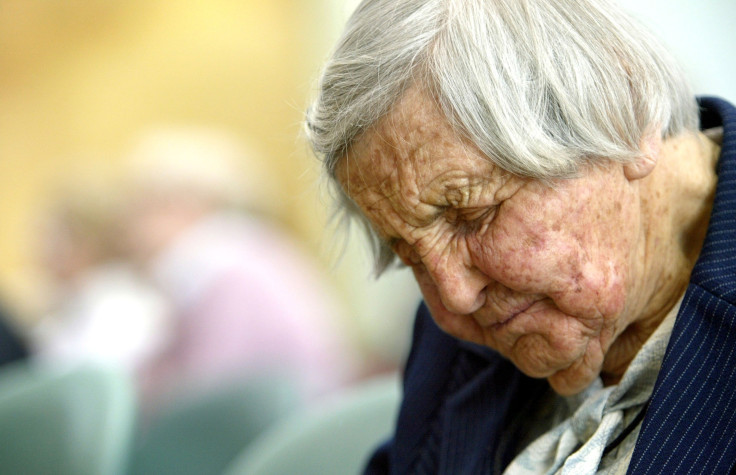5 Ways To Reverse Aging: Science As The Fountain Of Youth

Chances are that you might see the reversal of the most common, and up till now untreatable human condition — aging in your lifetime. Scientists are working towards reversing aging and they have had a lot of success in doing so till date.
We have found cures to diseases like AIDS and cancer and have extended the average lifespan by at least a decade in the past 80 years. What we have not been able to do is find a cure for aging. While there hasn’t yet been a permanent cure to aging, science is working to reverse the ravages of aging and more importantly, extend human life.
Your body remains young because the communication between cells works well. This communication breaks down with age, which is what causes and accelerates aging.
Read: Juvenile Blood Reverses Effects Of Aging In Mice; Could Humans Also Experience Reverse Aging?
Here are 5 scientific researches that are working in the direction of reversing aging:
Juvenile blood: Scientists have discovered simply injecting the blood of young mice into older mice could reverse aging. The study has created hope that if the molecules responsible for reversing aging in mice can be discovered, the same might be done with humans.
Scientists have discovered that injecting the blood was able to regenerate neurons and muscle tissue in mice, according to a study titled, "Young blood reverses age-related impairments in cognitive function and synaptic plasticity in mice," published in the Nature journal in 2014.
In principle, this could slow down the decline of the part of the brain associated with aging.
Naturally-occurring chemicals: Scientists have discovered NAD, a naturally occurring chemical, which can revitalize old muscle tissue in mice. NAD is responsible for generating energy and allows cells to easily coordinate their activities. Scientists were able to artificially improve NAD levels in mice by giving them a compound that could be transformed by cells into NAD.
The researchers, according to a study titled, “Declining NAD+ Induces a Pseudohypoxic State Disrupting Nuclear-Mitochondrial Communication during Aging,” published in 2013 have discovered that it boosts muscle tissue of two-year old mice to function like that of six-month old ones. In human terms, this would mean a transformation of a 60-year old’s system to that of a 20-year old.
Stem cell implantation: Brain cells are the essential component, which will determine aging. According to a study titled, “Hypothalamic stem cells control ageing speed partly through exosomal miRNAs,” published in the Nature journal Wednesday, providing the brain with a continued supply of neural stem cells might reverse aging. The tests have been done on mice and have found that the decline in the number of stem cells in mice accelerated aging.
By replenishing these cells, it was possible to slow and even reverse the effects of aging. Whether stem cells would act as the elxir of youth for humans is not yet known.
Removing aging cells: Cells start aging when they no longer have the ability to divide into new cells. In most living beings, this phenomenon , which is called senescence occurs due to the breakage of DNA strands over time.
But, according to a 2014 study titled, "Targeted Apoptosis of Senescent Cells Restores Tissue Homeostasis in Response to Chemotoxicity and Aging," the removal of senescent cells might result in the reversal of aging since these cells are known to impair tissue function.
Read: The Road Back To Youth: Scientists Discover Chemical That Can Reverse Aging In Animal Studies
Genetic reprogramming: According to a 2016 study titled “In Vivo Amelioration of Age-Associated Hallmarks by Partial Reprogramming,” reprogramming certain genes might help in reversing aging. Researchers were able to reverse the aging in adult human cells and convert them to an embryo-like condition.
Currently the research towards reversing aging is in its early stages, but there is no denying that we are slowly reaching to the point where we might be able to age backwards.
© Copyright IBTimes 2024. All rights reserved.





















